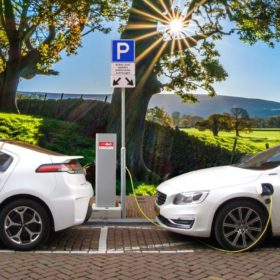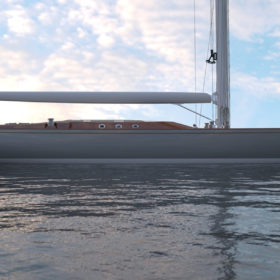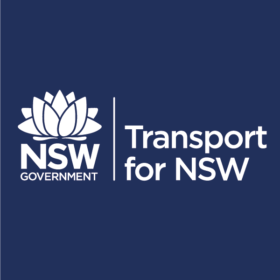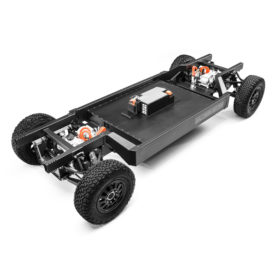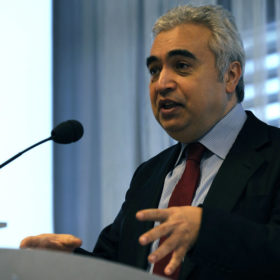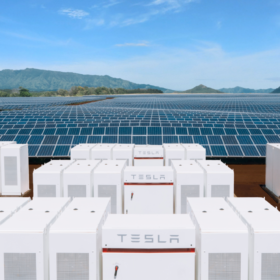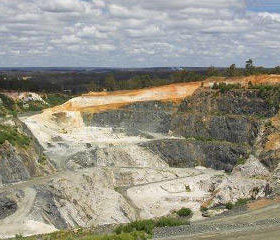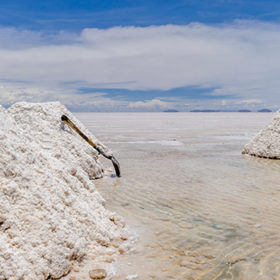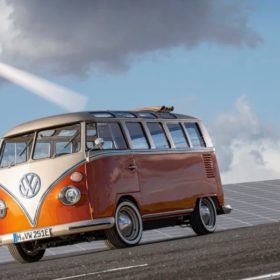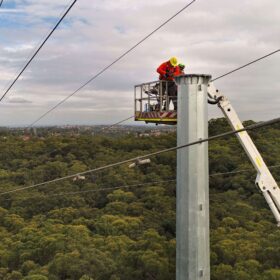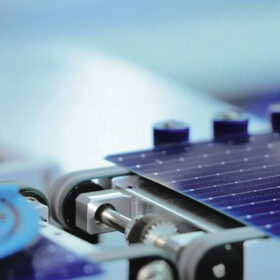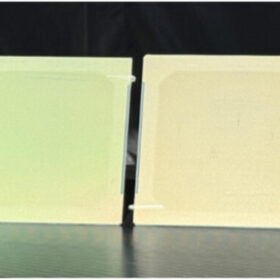You can have any EV you want, as long as it’s a Tesla
A new report published on behalf of a majority of Victorian local councils outlines a course of action for large-scale EV charging station rollout across the state. One key finding shows an enlarging gap in charging infrastructure available to those who drive a Tesla and those who don’t.
“How’s the serenity?” electric leisure boating to go full-throttle
German electric boating company Torqueedo’s 100,000th sale highlights a shift in leisure and small commuter boating towards the electric.
Transport NSW seeking expressions of interest to transition its bus fleet
As part of the NSW Government’s ambition to transition the entire public bus fleet to zero emissions, Transport NSW is seeking out expressions of interest for participants in trials of zero emission buses.
EVs, platform of the future
U.S.-based Bollinger Motors revealed its patent-pending E-Chassis platform last month, a demonstration that the platform from which commercial fleets can transition to EVs is EV platform-technology itself.
Solar, wind and hydro resilient during Covid-19 crisis
A study by the International Energy Agency into the chilling effect of the Covid-19 pandemic on energy demand states renewables will be ‘the only energy source likely to experience demand growth for the rest of 2020’. The slower the economic recovery, the more the fossil fuel industry will suffer.
Despite solar woes, Tesla recorded its first profitable Q1
Tesla finished the first quarter of 2020 with a positive GAAP net income, driven by the profitability of the Model Y. However, the story was not so bright for solar, storage or corporate governance.
Infrastructure critical to energy transition, says CEFC report
The Clean Energy Finance Corporation along with its partners has released an Issues Paper on the halting state of Australia’s infrastructural development. The paper highlights the nation’s short-sighted infrastructural projects and their weight upon the energy transition.
Northern Territory approves its first lithium mine
The Finniss Lithium Project will be the first-ever lithium mine to be built outside of Western Australia.
Monash researchers make lithium extraction breakthrough
Monash University-led researchers have made a discovery that will dramatically reduce lithium-from-brine extraction times and accelerate our energy future. The breakthrough, innovative and ingenious, is as simple and as complex as a sieve.
Smooth sailing, Volkswagen launches electric Kombi
Volkswagen Commercial Vehicles has unveiled the e-Bulli, a concept blend of the classic 1966 Bulli Kombi with 2020 electric vehicle driving.
